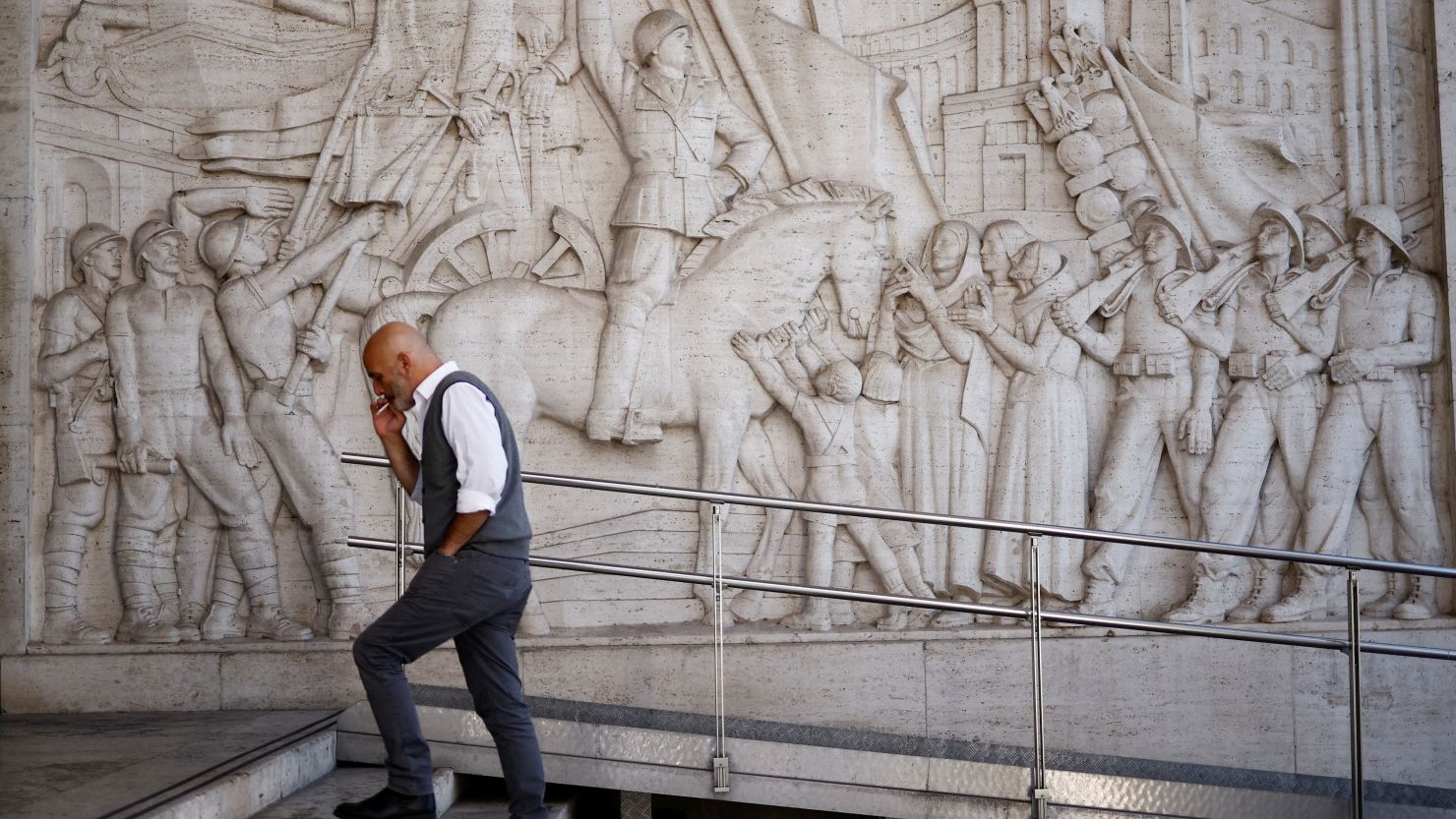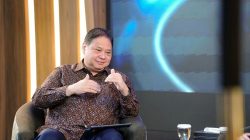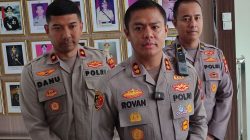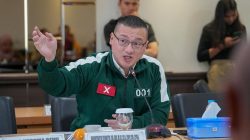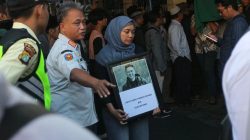Urging National Unity and Reform
Eminent jurist and Gonoforum Emeritus President Dr Kamal Hossain has called on all citizens to remain vigilant and committed to preserving the national unity that emerged from last year’s anti-fascist movement. He emphasized that this unity, formed among students, the public, and political parties during the July-August uprising, is crucial for the country’s progress and democratic development.
Dr Kamal highlighted the importance of leveraging the energy and power of the youth to build a stronger nation. He stressed that maintaining this unity, achieved through mass participation, is essential to prevent it from being broken. “Everyone must be careful so that this unity created through the mass uprising is not compromised,” he said.
The call came during a discussion meeting organized by Gonoforum in memory of its late president Mostafa Mohsin Montu at the Institution of Engineers, Bangladesh. The event brought together various political leaders and activists to honor Montu’s contributions to democracy and justice.
Reforms and Institutional Changes
Speaking about reforms, Dr Kamal pointed out that the demand for reforming key state institutions, which was strongly voiced during the mass uprising, cannot be ignored. He urged the interim government to take urgent and capable steps to address these issues effectively. He believed that such reforms are vital for ensuring transparency, accountability, and fairness in governance.
Dr Kamal also remembered Montu’s lifelong dedication to democracy and justice. He described Montu as someone who worked tirelessly to establish a fair, democratic, and equal society free from discrimination. Montu, a freedom fighter and former lawmaker from Dhaka-3, passed away on June 15 while receiving treatment at Square Hospital in the capital at the age of 79.
Political Leaders Reflect on Montu’s Legacy
BNP Secretary General Mirza Fakhrul Islam Alamgir spoke at the event, recalling Montu’s role in the anti-fascist simultaneous movement. He highlighted two key aspects of Montu’s character: his firm stance on the Liberation War and democracy. Fakhrul expressed that Montu’s death is a painful loss for those fighting for democratic values. However, he also noted that Montu’s example serves as an inspiration for political leaders and activists. “Montu’s soul will rest in peace if democracy returns to Bangladesh,” he said.
Other political leaders also shared their thoughts on Montu’s contributions to the democratic movements and the Liberation War. They emphasized his unwavering commitment to justice and equality, which continues to influence current political discourse.
A Gathering of Voices
Numerous political figures participated in the program, reflecting on Montu’s legacy and the ongoing struggle for democracy. Among them were BNP Standing Committee member Amir Khosru Mahmud Chowdhury, Nagorik Oikya President Mahmudur Rahman Manna, Bangladesh Jatiya Samajtantrik Dal President Sharif Nurul Ambia, Revolutionary Workers Party General Secretary Saiful Haque, Ganosamhati Andolon Coordinator Zonayed Saki, CPB General Secretary Ruhin Hossain Prince, and Bangladesh Mahila Parishad President Dr Fauzia Moslem, among others.
Each speaker contributed unique perspectives on Montu’s life and work, reinforcing the significance of his contributions to Bangladesh’s democratic journey. Their collective message underscored the need for continued efforts to uphold the principles of justice, equality, and national unity that Montu stood for throughout his life.

